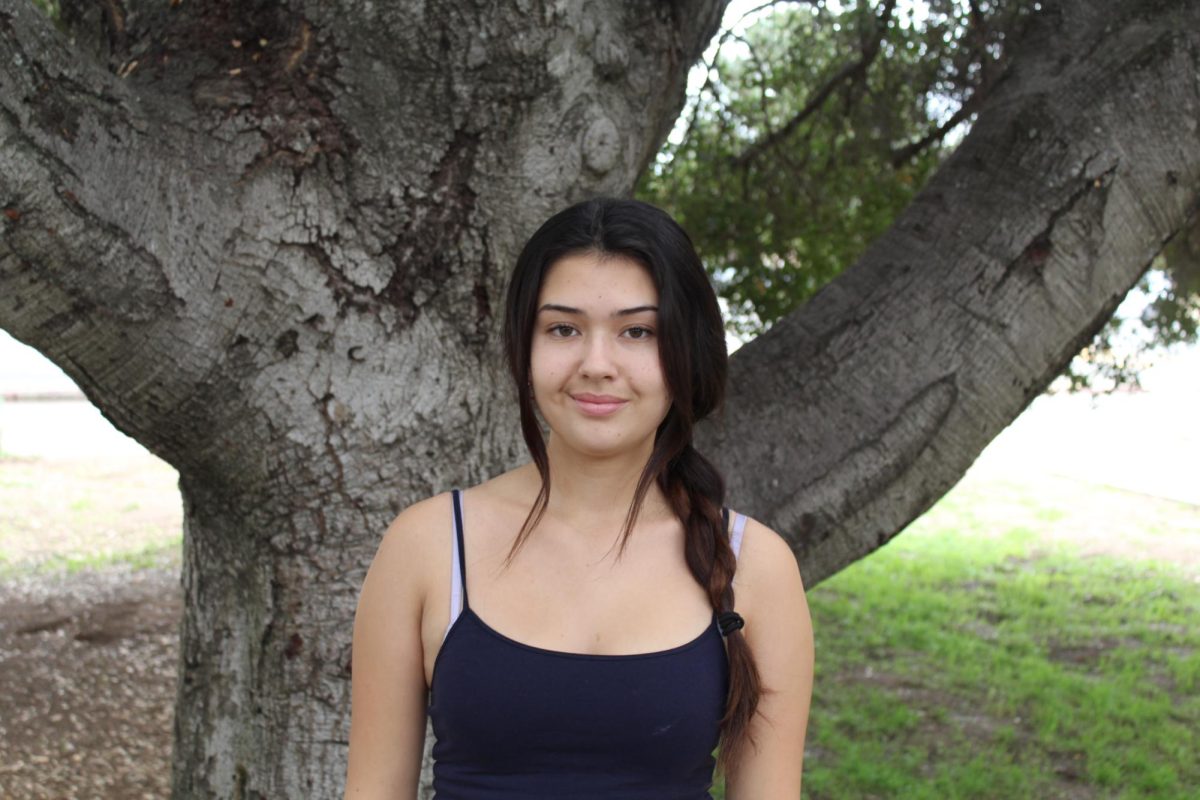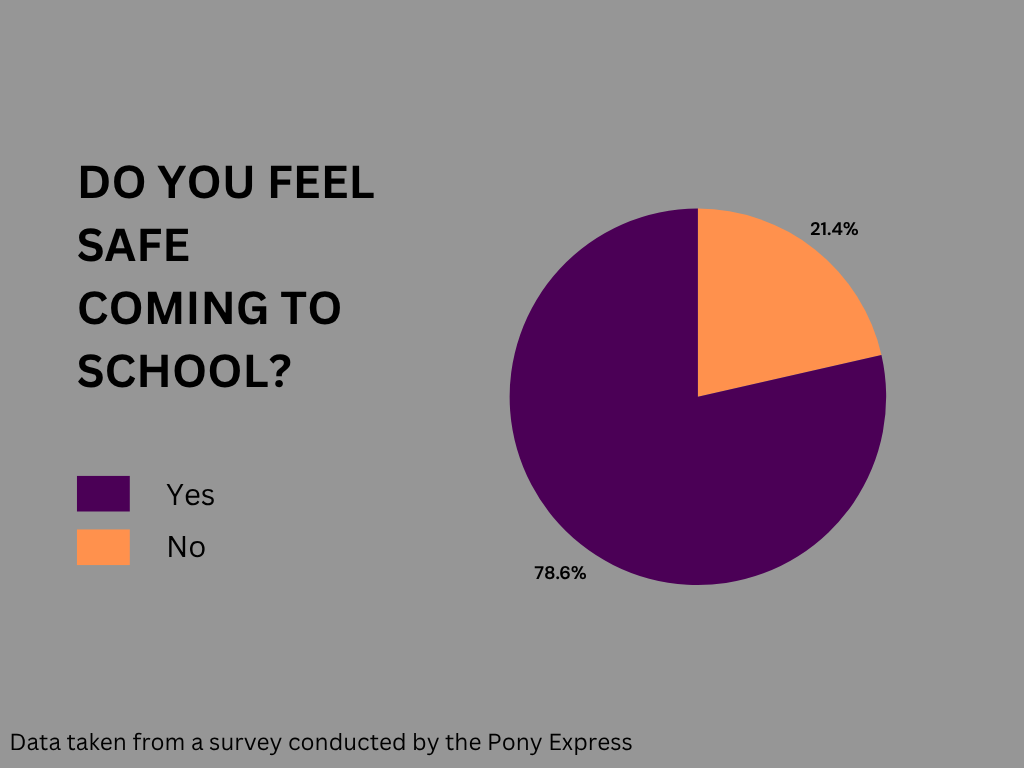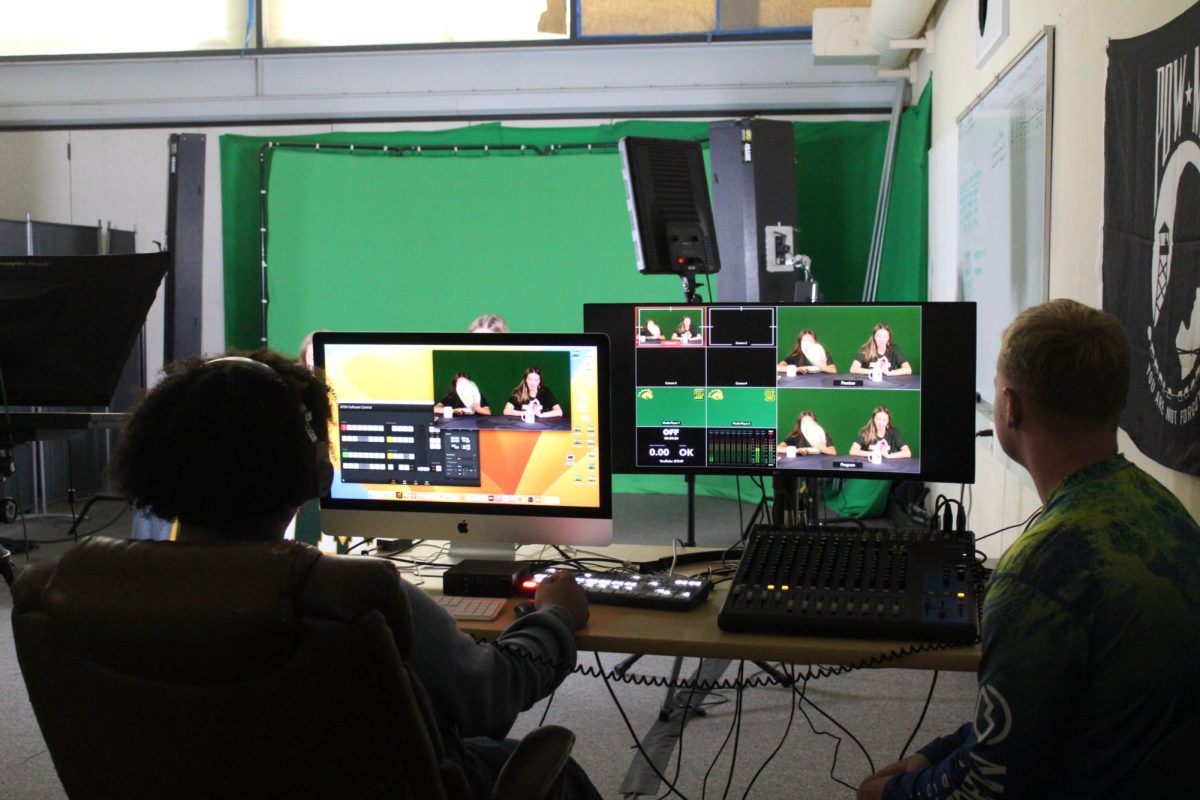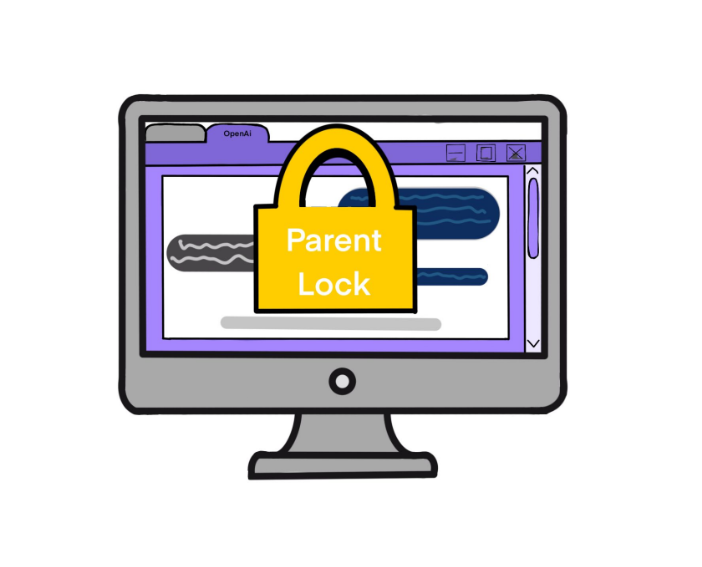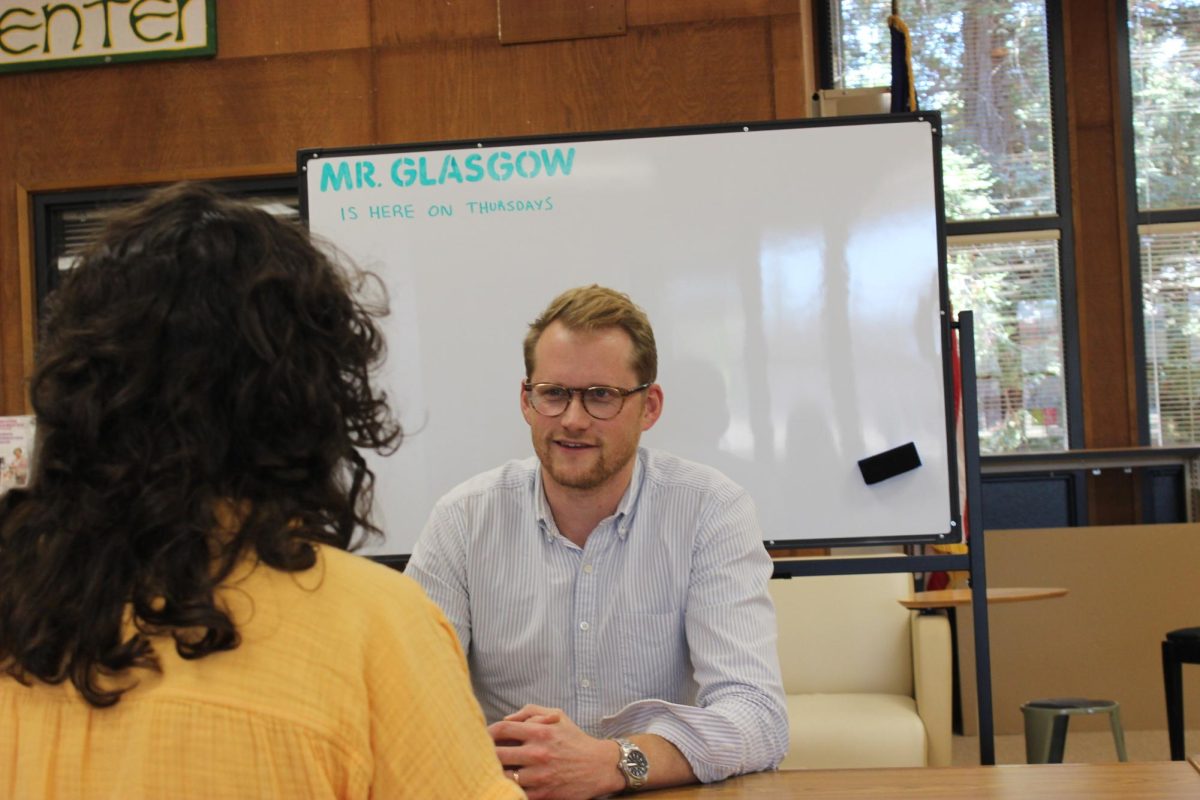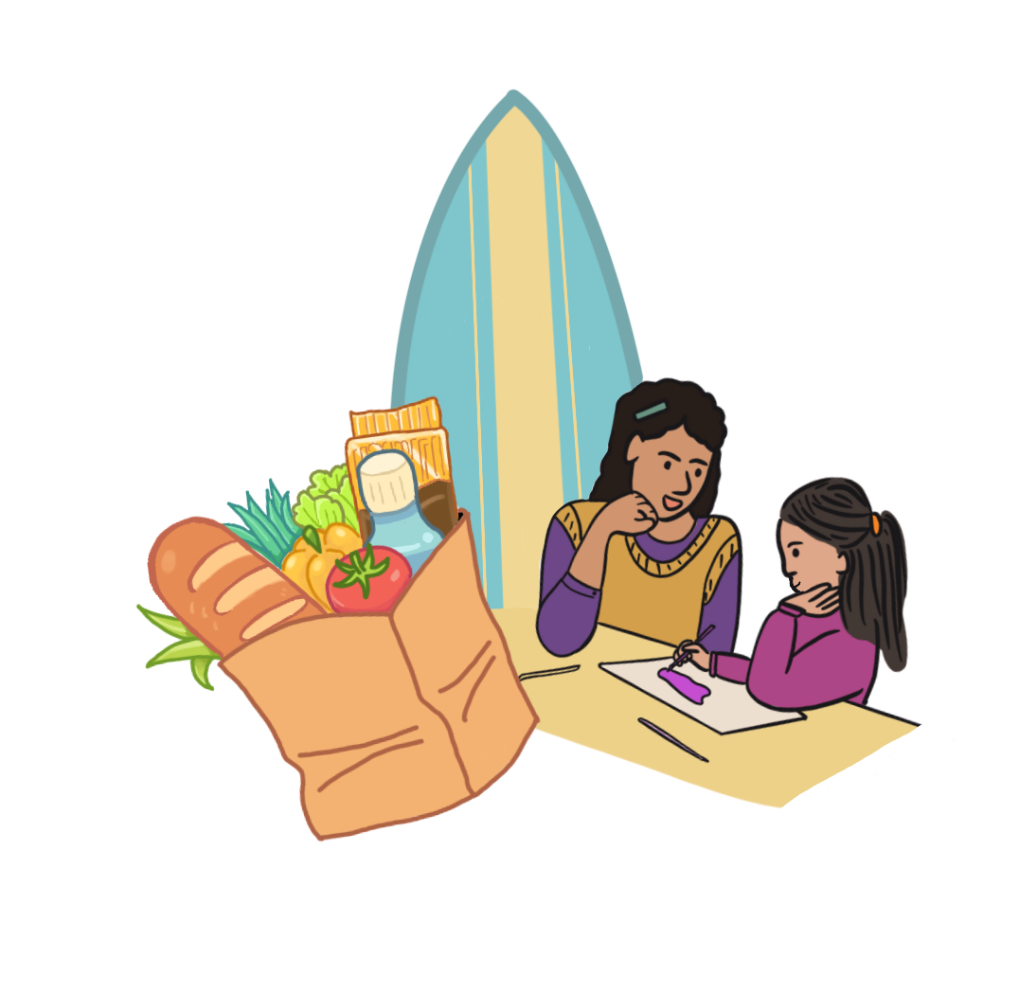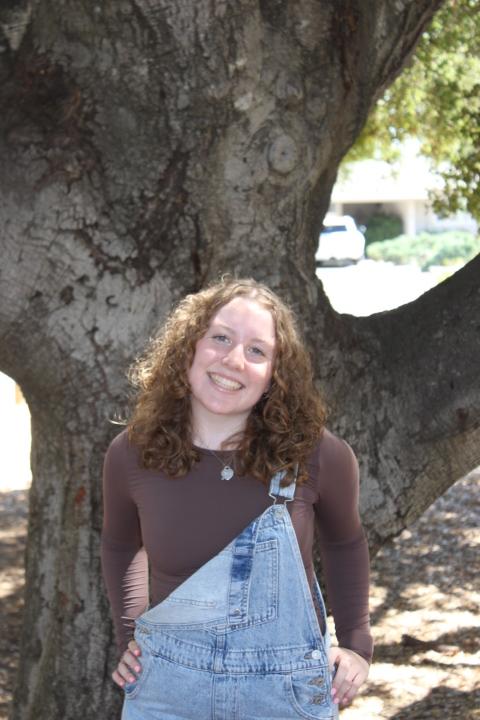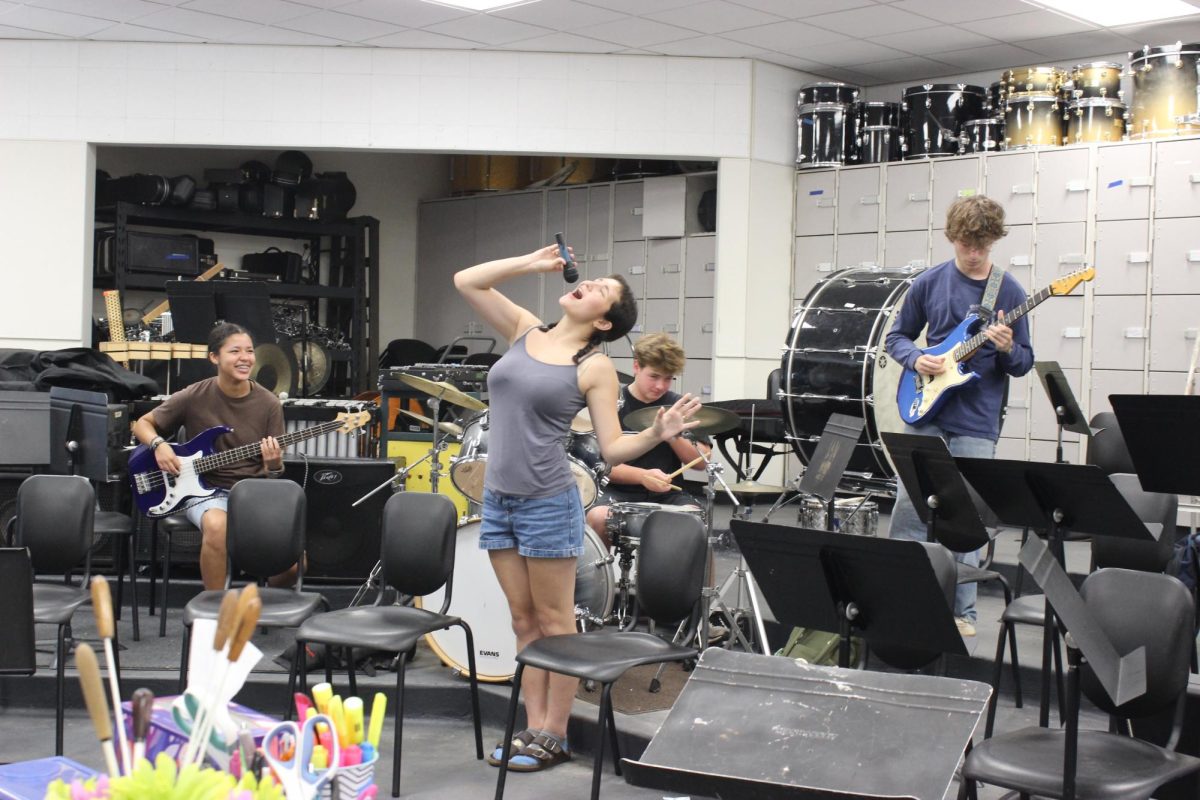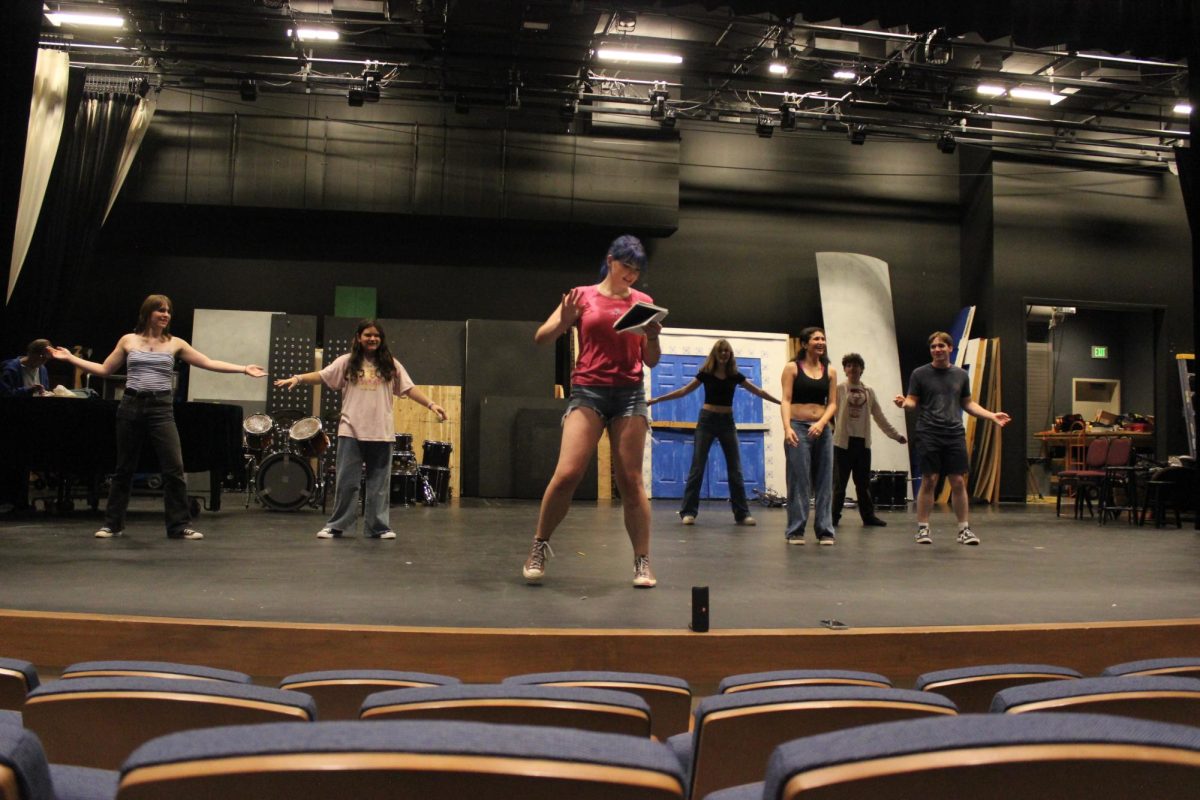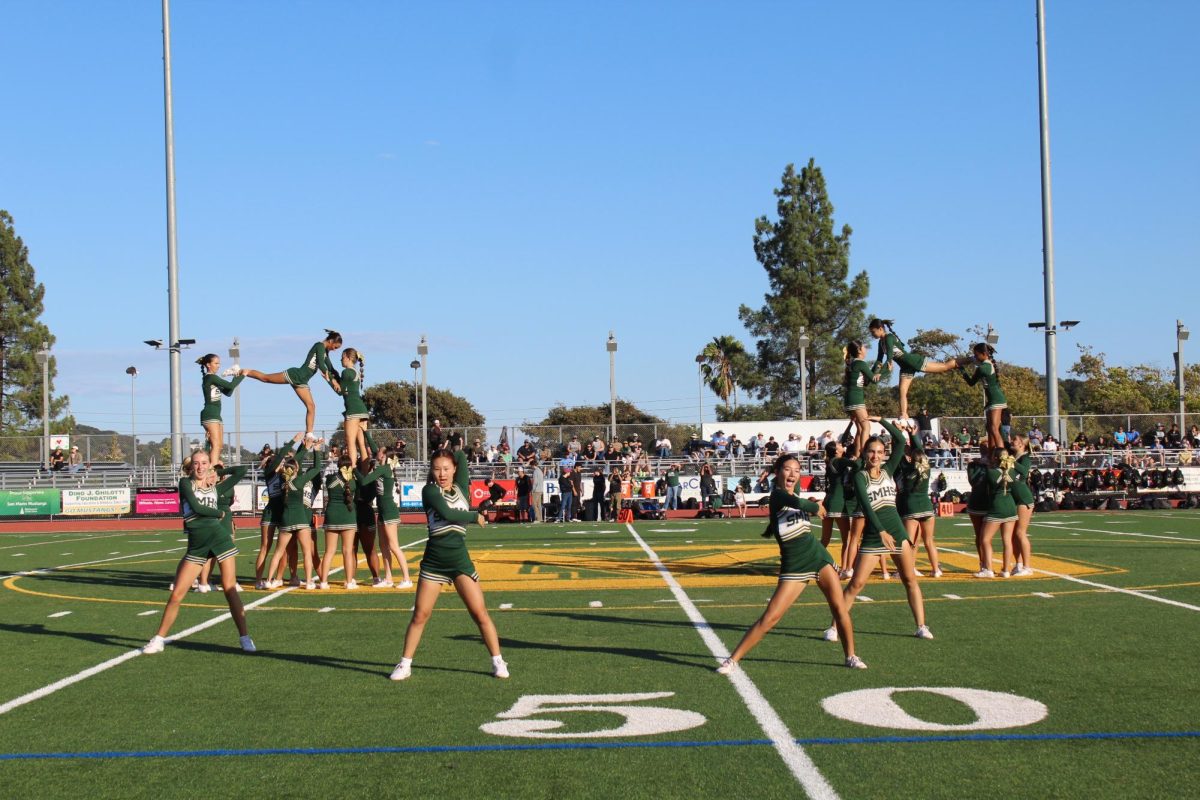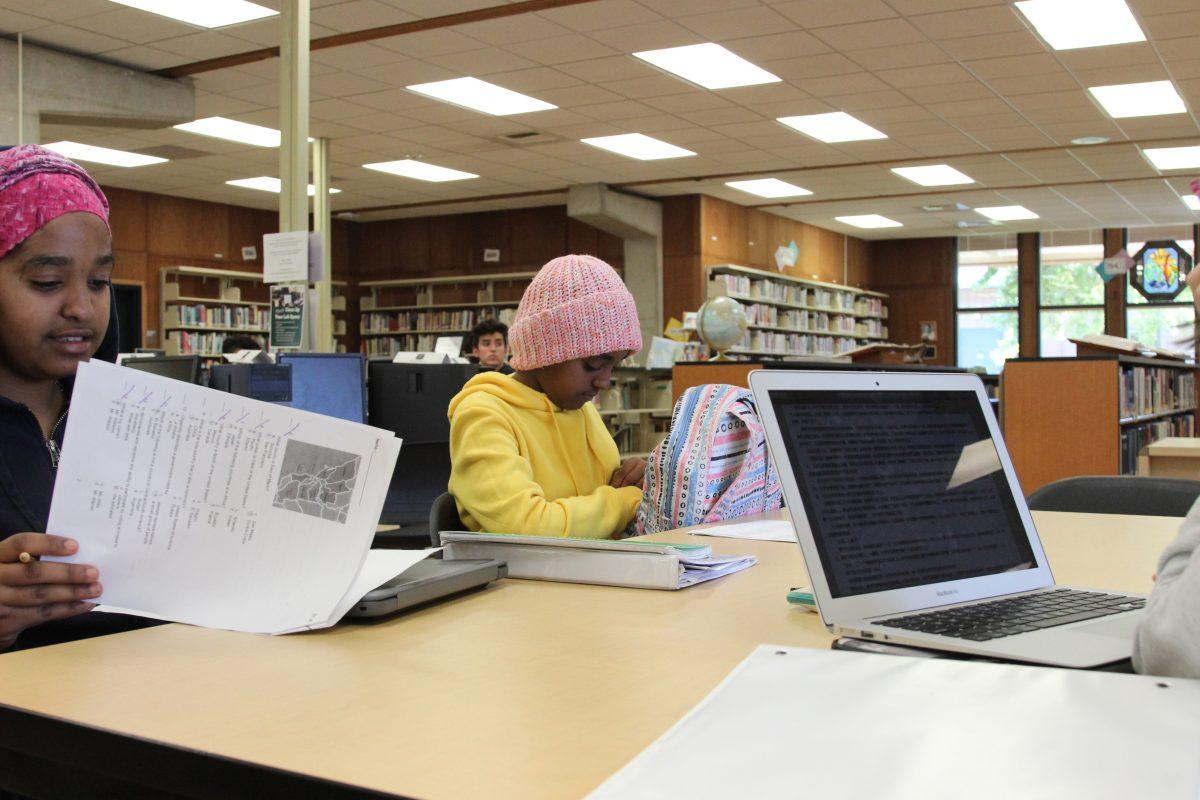By Vivienne Tran
Editor
According to Student Success Advisor Katherine Warren, too many of San Marin’s students are getting D’s and F’s or have attendance issues. As a result, she is pulling
up their grades and attendance regularly. If students are struggling, she contacts the
parents and pulls the student aside to find out what the problem is before disciplinary
measures are taken.
For Warren, creating a connection with the families is as important as getting through to the student.
“We’re a school, but often times we have to have the
support of the families in order for the kid to be successful,” Warren said.
In order to support students, several new programs are being put in place.
The Learning Lounge, according to information handed out to parents on Back to School Night, is an after-school academic support in the library that provides “a safe welcoming space for students to improve academic performance.” It is open 3:30 p.m. to 7:00 p.m. on Mondays, Tuesdays and Thursdays.
Comfortable furniture will be purchased, and Warren is hoping to provide snacks. Her goal is to make the Learning Lounge as inviting as possible to appeal to students.
The new tutorial program consists of two-day workshops held during the week prior to progress grade reporting. A green sheet handed out to parents during Back to School Night reads that tutorial is a “designated time within the school day for targeted academic interventions and additional student supports” and it “helps raise… students’ overall academic proficiency and school engagement.” The block day bell schedules will not change, and there will be no bell signaling the start or end time of the 40-minute workshops. All students are required to have a written schedule for each tutorial and workshop teachers must sign students’ passes. If students are without a signature, they forfeit their tutorial opportunities and must remain with their home teacher. The same applies for students who arrive more than ten minutes late to workshops.
Students who need extra support are required to attend specific study halls that are determined to be the most appropriate for their needs, and their families will be notified. Those with no D’s or F’s either attend workshops for college application support, college essay writing support, Link Crew or internship and community service information or study independently.
Warren is also implementing more ways to support freshmen.
“It’s the idea that if we can work together as a group of freshmen teachers to wrap our arms around them and make sure that they don’t fall behind, they don’t miss school, don’t get D’s and F’s, things like that,” Warren said.
According to a paper given to freshman teachers, research indicates that students are three to five times more likely to fail a class in ninth grade than in any other grade. The same sheet reveals that students who fall behind freshman year have a 59 percent lower graduation rate than that of students who are able to stay on track during freshman year.
To support freshmen, there are four key practices: monitoring data, increasing consistent practices, teaching students how to be successful and providing peer support. There are also six features of freshmen supports which are Link Crew, data and decision systems, extra help opportunities such as the Learning Lounge and Saturday Academies, acknowledgements, expectations and classroom systems such as the seven agreements poster that is in every freshman class.
Each of these institutions aids students of varying levels, but it mostly targets students who are struggling.
“These are supports for everybody and it doesn’t need to be seen as a penalty—plus it should be fun,” Warren said.
